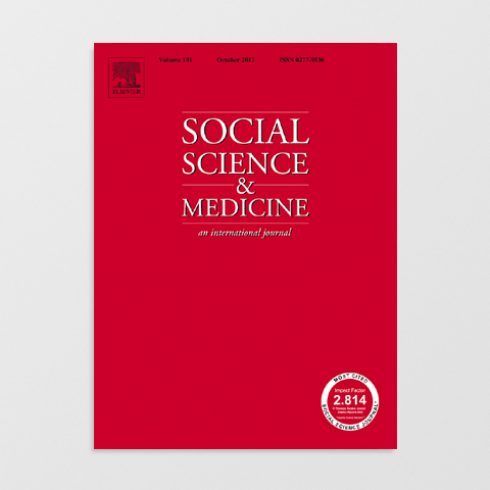“I thought it was ordinary fever!”
Cultural knowledge and the micropolitics of therapy seeking for childhood febrile illness in Tanzania
Vinay R. Kamat
Social Science & Medicine 2006

A major question concerning policy makers and public health specialists alike is why some mothers and caretakers delay in seeking medical treatment for children with a fever. This paper, based on ethnographic research in Tanzania, complicates recent work that has argued that the main cause for delayed treatment seeking in East Africa is the implementation of monetary fees on visits to health facilities. Economic considerations may deter and the use of public facilities, but this seems not to be the main cause of delayed treatment. Rather, care-seeking for childhood febrile illness is mediated by several social factors, including “cultural meanings [of fever], perceived severity and past experience, structural disadvantages affecting women’s access to societal resources, contingent circumstances, and, above all, the patterns of communication between patients/caretakers and health care providers in government health facilities” (2946).
Three key findings for delayed treatment are explained in detail: First, most mothers and caretakers said they delayed treatment because they ‘thought it was ordinary fever’ and not malaria. This belief was undergirded by previous experiences within clinics, where they typically received only ambiguous diagnoses. Indeed, as Kamat explains, “most of the encounters between the dispensary staff and mothers are characterized by patterns of communication that are vague and inconclusive” (2956), leading mothers to depend on knowledge about malarial symptoms gained through word of mouth and second-hand experiences within their social networks. Second, previous experience in constrained health systems greatly impacted decisions to seek treatment. Many mothers reported apprehension about availability of diagnostic testing, access to and efficacy of medications, and the time and labour involved in travelling long distances by foot to a potentially under-resourced facility. Third, these factors contributed to strategic symptom reporting, in order to garner more attention for their children in an environment of limited resources. Mothers, for example, often strategically avoided sponge-bathing their children to lower fever before attending a clinic because they worried that sponge-bathing would lower the fever to the point that their child would not be a major concern for clinicians. This suggests that mothers are not unknowledgeable about how to lower fevers, but rather make strategic decisions that reflect the reality of seeking treatment in severely constrained health care settings.
View Publication > Share
Share






Commentary
The latest commentary on the use of antimicrobials in society.
Fresh Perspectives
Antimicrobials are central to many contemporary forms of care and production for humans, animals, plants and even objects – clothing,...
Social Science and AMR Research Symposium: Event
The AMIS Programme hosted a work-in-progress symposium and networking event on 10 September 2018, at the British Academy.
The Third Man: How are we entwined with...
A film event and panel discussion for World Antibiotics Awareness Week 2017